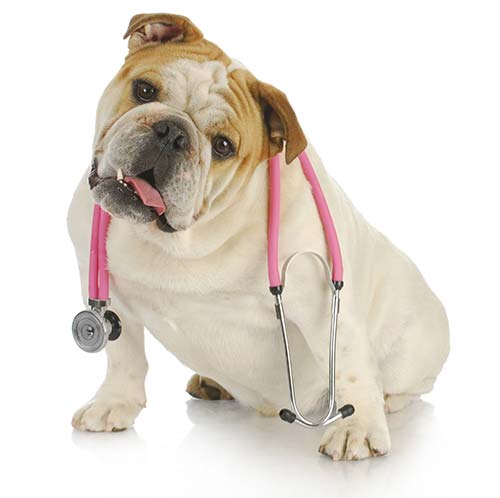
Keeping a Bulldog healthy means taking care of him and his coat. If you have ever had to take your dog for grooming, then you know that the process can be time-consuming and expensive. The best way to keep your bulldog healthy is by following these 10 tips:
1) Brush Your Bulldog’s Coat Regularly Brushing your dog’s hair will help remove dead skin cells from their coats, which in turn helps prevent matting or tangling. It also makes them look good! You should brush your dogs every other day at least once during the week. Make sure you use a soft bristle brush with short bristles on it so as not to scratch your dog’s sensitive ears.
2) Keep Them Clean – Keeping your dog clean is just as important as brushing his fur. Bathe your dog regularly using the only shampoo designed specifically for dogs. Be careful when bathing your dog because he may lick himself while you are washing him. It is recommended that you bathe your dog after each walk.
Keeping your Bulldog skinfold clean is also important. Use a washcloth soaked in warm water and soap to gently wipe down your dog’s face and neck area. Do this twice daily. Also, make sure to check your dog’s paws often. They tend to get dirty fairly quickly if they spend most of their time outside.
3) Feed Him Well- A well-fed dog has less chance of getting sick than one who isn’t eating properly. When feeding your dog, always give him two meals per day. One meal should consist of high-quality food such as dry kibble or canned foods. Another option would be wet food like chicken broth mixed into hot cereal. Always feed your dog before 8 am and again around 6 pm. Never let your dog go hungry.
4) Exercise Your Dog Properly- Dogs need exercise too! Playtime is great fun for both you and your dog. However, don’t overdo it. Too much playtime could lead to obesity problems later on. Instead, try playing fetch games where you throw balls for your dog to retrieve.
5) Vaccinate Your Dog Every Year- All puppies must receive vaccinations against rabies, distemper, parvovirus, hepatitis, bordetella, leptospirosis, adenovirus type 2, coronavirus, panleukopenia, canine influenza virus, and Lyme disease. These vaccines protect your puppy from serious diseases that might affect him throughout life. In addition, all adult dogs should be vaccinated annually against heartworm disease, although some breeds require more frequent shots. Puppy vaccination schedules vary depending upon breed and age; consult your veterinarian about what schedule works best for your particular pet.
6) Check His Teeth Often- Have your vet examine your dog’s teeth monthly to ensure there aren’t any signs of tartar buildup. Tartar buildup causes gum inflammation and infection. To avoid this problem, brush your dog’s gums thoroughly three times a week.
7) Take Care Of His Eyes- Many people think that eye exams are unnecessary but regular visits can save your dog’s eyesight. If your dog starts having trouble seeing clearly, take him to an ophthalmologist immediately. The sooner treatment begins, the better off your dog will be.
8) Watch Out For Fleas And Ticks- Flea bites and ticks can cause severe itching and irritation. Try applying flea powder, dip collars, or topical treatments to control these pests. Consult your local pest management company for advice on how to treat your home safely.
9) Give Him Enough Water- Drinking enough water is essential for keeping your dog healthy. Most dogs drink between 1/2 cup and 3 cups of water per pound of body weight per day. If your dog drinks more than this amount, they risk developing kidney stones.
10) Get Rid Of Unwanted Hair- Some breeds have thick undercoats that shed constantly. Others have long hair that sticks out everywhere. Either way, keep your dog groomed to reduce shedding.

